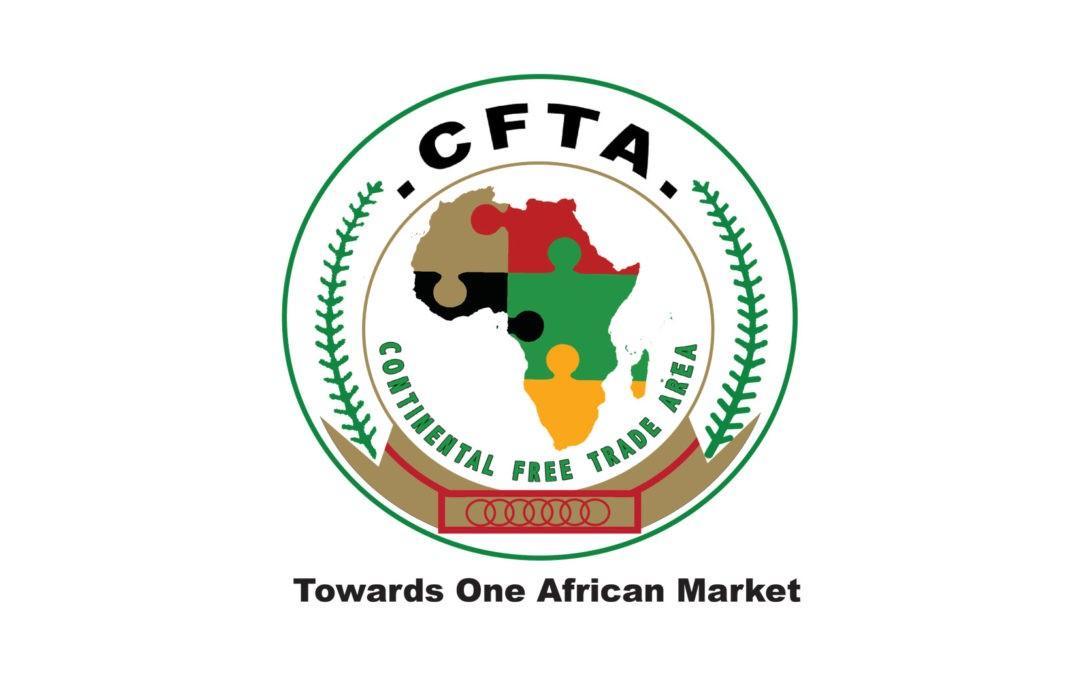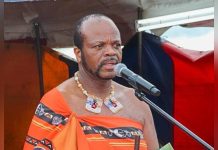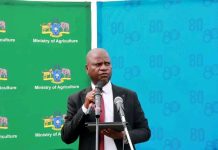Africa-Press – Eswatini. The Chairman of the NEPAD Business Group Nigeria (NBGN) Mr. J.K. Randle, has called for renewed private sector commitment to Africa’s Transformation, describing the African Continental Free Trade Agreement, (AfCFTA) as the continent’s best opportunity to achieve true economic independence and shared prosperity.
Speaking at a high-level business forum on Mobilising the Private Sector for Africa’s Economic Growth and Development held in Lagos on Thursday, Randle said that the forum was a modest but vital contribution toward ensuring that intra-African trade expands at a sustainable rate, leading to stronger regional integration and inclusive growth.
He described the theme of the event as “both timely and necessary,” noting that the AfCFTA, one of Africa’s most ambitious undertakings under the African Union’s Agenda 2063 presents a unique chance to convert Africa’s potential into tangible prosperity.
“With a single market of over 1.4 billion people and a combined GDP exceeding 3.4 trillion dollars, the agreement holds the promise of dismantling artificial trade barriers, stimulating industrialization, and boosting Africa’s global competitiveness,” he said.
Citing world-renowned development economist Professor Jeffrey Sachs, Randle emphasized that a fully integrated African economy could rival the economic powerhouses of China and India, potentially reaching a combined GDP of 18 trillion dollars. He, however, warned that such transformation would only be possible if African nations strengthen internal capacities and build resilient economies that can compete sustainably in global markets.
Bashorun Randle anchored his message on the vision of great African leaders such as Nelson Mandela and Patrice Lumumba, reminding the audience that Africa’s destiny is closely tied to Nigeria’s success. “Mandela once said the world will not respect Africa until Nigeria earns that respect, and Lumumba reminded us that the day Nigeria wakes up, Africa will never be the same. These truths remain relevant today,” he stated.
He outlined the forum’s objectives to develop actionable strategies that strengthen Africa’s private sector, enhance productivity and expand intra-African trade beyond the current modest levels.
He stressed the need for an enabling business environment, human capital development, and youth empowerment through relevant skills that foster innovation.
“Seventy per cent of Africa’s development financing should be mobilised domestically,” Randle said, referencing the African Union’s Agenda 2063.
“But while we take bold steps to actualize the AfCFTA, we must remain alert to external threats such as global economic volatility, tariff wars, geopolitical tensions, and climate-related disruptions that could undermine our progress.”
Quoting his professional colleagues, Randle urged African leaders and entrepreneurs to prepare for future disruptions from artificial intelligence and cyber risks to trade fragmentation and climate transitions.
“In a world where disruption is inevitable, resilience is the ultimate advantage. Leadership today must build organizations strong enough to absorb shocks, adaptive enough to transform, and visionary enough to own their future,” he said.
He called for practical, solution-driven discussions that would yield tangible results, urging participants to align strategies, forge partnerships and reaffirm their faith in Nigeria and Africa’s shared destiny.
Randle concluded on an optimistic note, expressing hope that through collective effort, Africa could achieve an integrated market projected to reach 8.7 trillion dollars by 2043 and possibly exceed 12 trillion dollars by 2063.
“The road ahead may be challenging,” he said, “but a prosperous and globally competitive Africa driven by a vibrant Nigerian private sector is well within our reach,” he added.
The event brought together policymakers, business leaders, development agencies and academics from across Africa and beyond.
For More News And Analysis About Eswatini Follow Africa-Press







